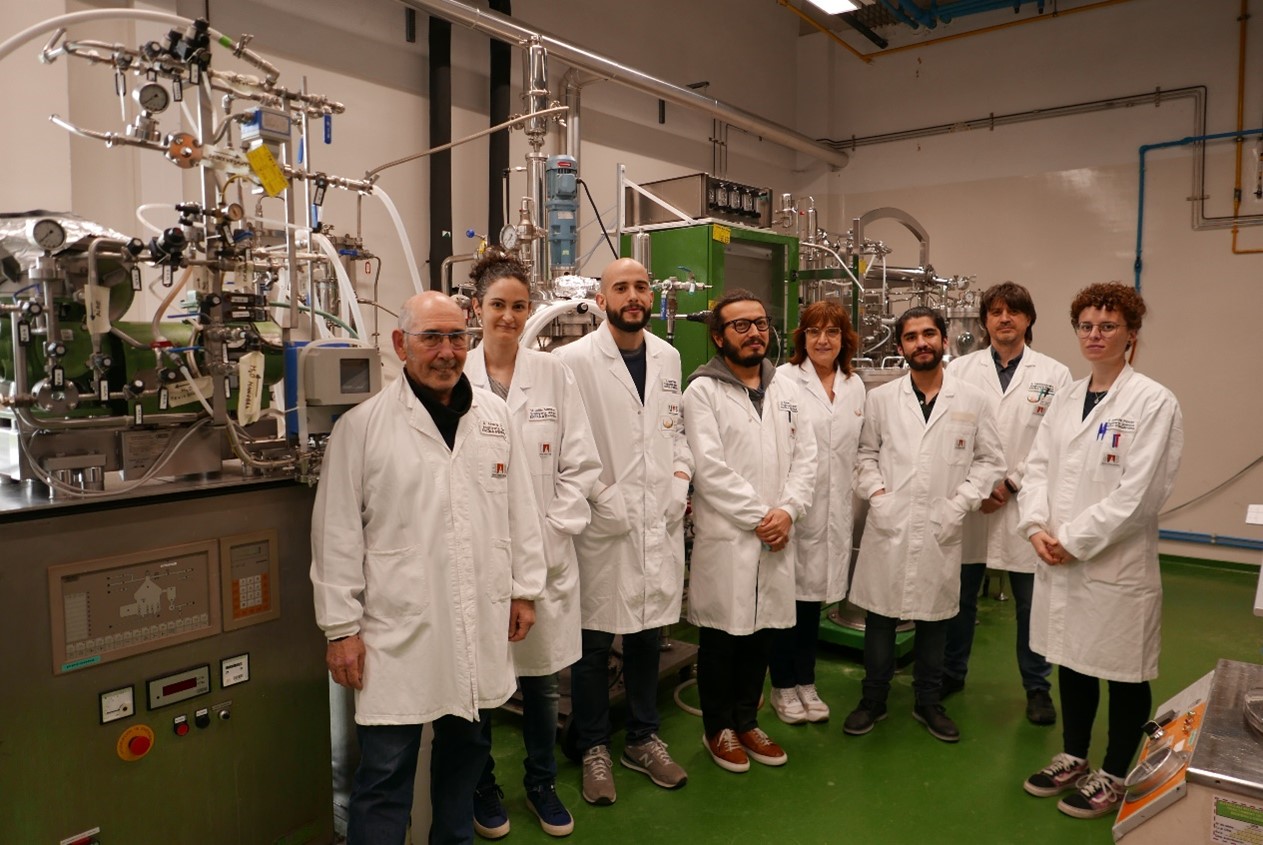UAB participates in OXIPRO EU project: A new opportunity to contribute to more environment-friendly consumer products

In a European society increasingly concerned about the environment, OXIPRO arises as a project whose objective is to contribute to the transition towards a more respectful production of detergents, clothes, cosmetics, and food. The UAB Bioprocess Engineering and Applied Biocatalysis group is one of the project participants, specifically working on the cotton production.
Currently, an increasing number of European consumers are concerned about the state of the environment. Ecoconscious consumers are mostly about household detergents, cosmetics, food, and clothes. Due to this social and industrial concern, a group of 15 expert organizations, including academia and industry, have join forces to provide solutions for this demand under the framework of the OXIPRO project.
OXIPRO aims at contributing to the transition towards environment-friendly detergents, textiles, cosmetics, and nutraceuticals by developing of novel enzymes, specifically oxidoreductases. With the help of the most efficient computing and newest biotechnology, OXIPRO will provide new sustainable and efficient production processes for consumer goods that will benefit not only the environment, but also consumers, industry, researchers, and society in general.
OXIPRO will make important steps towards greener sunscreens, textiles, nutraceuticals, and detergents, and will contribute to the overall sustainability and competitiveness of the European bio-based economy.
The group of Bioprocess Engineering and Applied Biocatalysis of the department of Chemical, Biological end Environmental Engineering of UAB is one of the participants of OXIPRO. The main objective of UAB is to contribute to the development of greener processes in the textile industry. Specifically, the group is going to develop an eco-friendlier and less resource intensive continuous process for cotton bleaching. Aiming to do that, oxidoreductases genetically engineered by the OXIPRO team will be produced in the Fermentation Pilot Plant of the UAB to be finally applied in the development of a biobleaching process using wastewaters generated in previous steps of the cotton treatment.
The developed biobleaching process is expected to reduce consumption of H2O2, caustic soda and acetic acid up to 70%, energy up to 50%, and water up to 45% contributing to increase circularity by recycling wastewaters.
This project has received funding from the European Union’s Horizon 2020 research and Innovation programme under grant agreement No 101000607. The present document reflects only the author's view and that the Agency and the Commission are not responsible for any use that may be made of the information it contains.
Bioprocess Engineering and Applied Biocatalysis Group
Department of Chemical, Biological and Environmental Engineering
Universitat Autònoma de Barcelona


